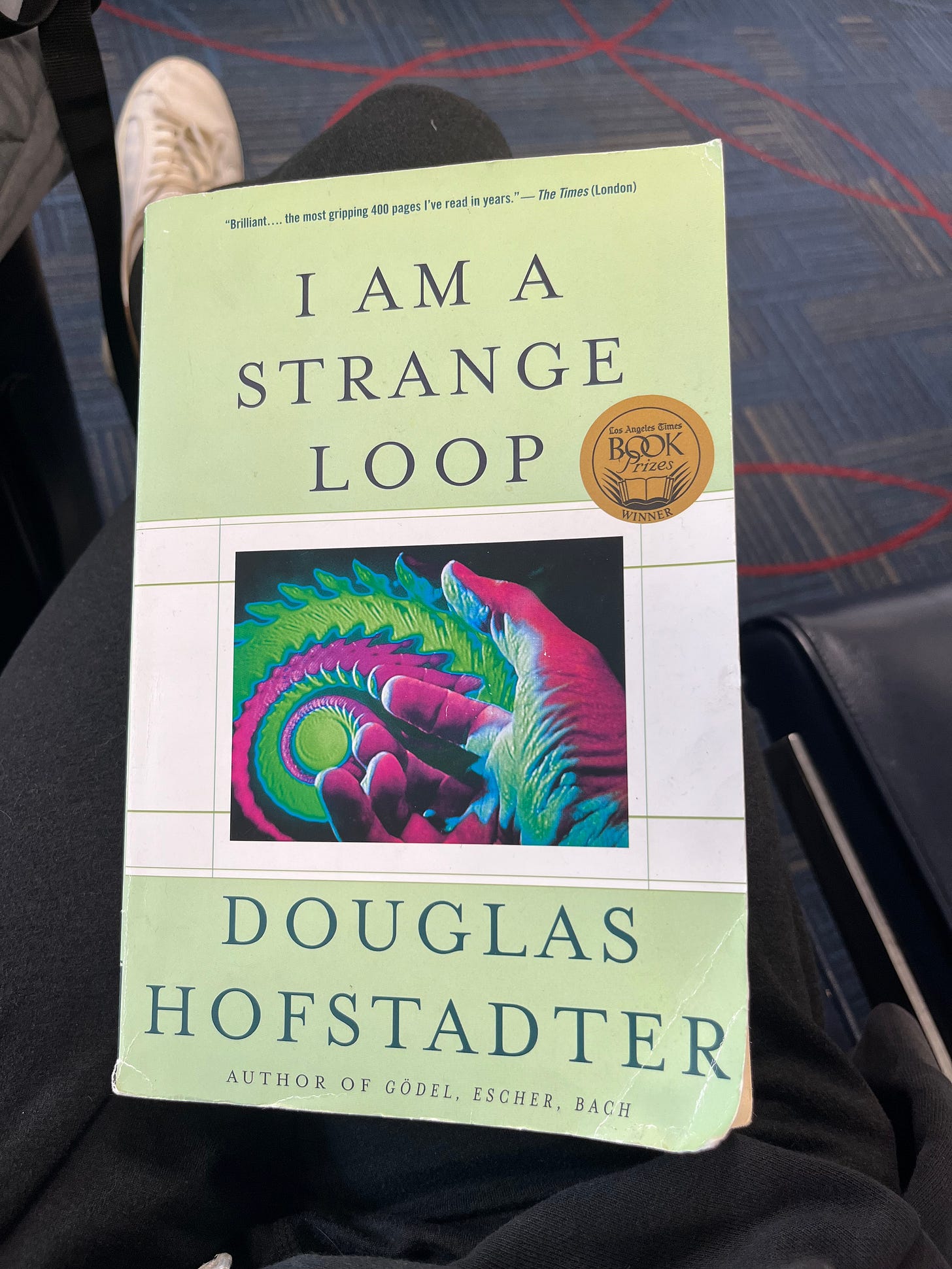Strange Loop
Thoughts on community since the last Strange Loop conference
The consensus that it’s a loss that this was the last Strange Loop speaks to its success as a conference. I had heard of the Strange Loop conference in passing, but I only really took a deeper look after a friend gave a speech there last year. The talks were focused on languages, databases, concurrency, security, the web and distributed systems, but what interested me most is the explicitly stated self-aware emphasis on building community.
At the beginning of my career, I assumed that the purpose in attending a conference was to gain knowledge from the talks, and have since come to realize that the value of a conference lies in the connections that are made in the hallways of the venue; the third place. A third space is defined as a community gathering place that is not work or home. Alex Miller, the creator of Strange Loop, shared his initial vision of creating a third place during his closing speech. During the conference, the willingness of conference attendees to connect with others was apparent, creating an atmosphere far more socially receptive than the typical shared elevator ride after a long day at work, which is the closest that some of us usually get to people we don’t yet know. Even while leaving Strange Loop, I found myself sharing a ride to the airport with a couple of fellow attendees, and by the end of the ride, I had made two friends.
The reason given for ending Strange Loop was not that it wasn’t successful, but that there was a general feeling of exhaustion about it. Community building is incredibly difficult, and a lot of work. I learned during Alex’s closing speech that hotels for conferences are commonly booked three years in advance, so there is a lot of financial risk in addition to the enormity of planning the event. When speaking with two separate meetup organizers after the talk, they echoed these feelings. One had shuttered their meetups, and the other is burnt out and wishes they could hand off the planning to someone else due to the overhead of everything from venue issues to ensuring that the community is a place where the members feel comfortable. Personally, I haven’t started going to meetups again post-pandemic. It's possible that I’ve shifted my focus to the running community during my relocation to a new city, but I don’t have data on whether this is a larger shift in how the tech and adjacent communities connect with one other. This question is underscored by the degradation of Twitter, our once-default online third space.
It was only recently that the current online ‘normal’ became ‘normal’. During one of the conference's closing keynotes, Randall Munroe, the creator of XKCD, he mused on the early days of the internet and how people learned to interact in this new digital context. I was busy experiencing Myspace and Runescape through the lens of teenage angst, and it hadn’t occurred to me that these were still the early years where people were iterating on what rules they wanted to define their communities by.
I wish I had an answer of what happens next. At the end of this era of Strange Loop, with the Surgeon General declaring a “loneliness epidemic”, it’s hard not to look at the empty streets of Seattle, and not feel a sort of ennui about the state of human society. Some even say we’re ahead of schedule on the MIT study that predicts society will collapse by 2040. I then go back inside, and continue to have the unsubstantiated belief that the best is yet to come. The only constant in life is change. Humans have the innate want to connect, and you can choose to be miserable, or start talking to the person in line with you at the coffee shop.


